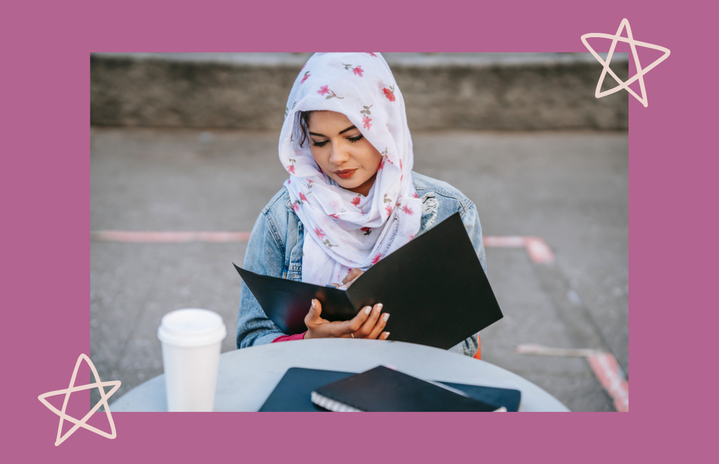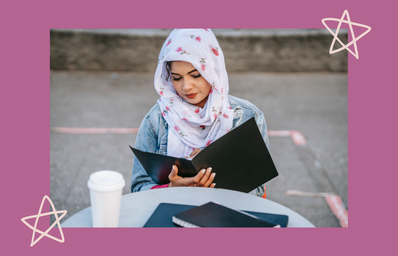As we are currently in the middle of the Islamic month of Ramadan, I wanted to share the significance of this month and why it is so important to Muslims.
Ramadan, the ninth month on the Islamic calendar, is the Islamic holy month of fasting, introspection, and prayer for Muslims across the globe. This is the time of the month when the God we believe in forgives past sins. It’s such an important time for Muslims everywhere, and here’s why.
First and foremost, let’s talk about the main focus of Ramadan for Muslims: fasting. Every day of the month, we have to fast from sunrise until sunset. We can’t eat, we can’t drink, we can’t even chew gum. It’s one of the five pillars of Islam. I’m sure most of us know that already. But I’ll bet there’s a number of people who don’t exactly know why. Allow me to explain.
There are several reasons why Muslims fast. One of the most important is purification. Fasting during Ramadan allows Muslims to reflect on their bad habits and learn how to break away from them. You see, during this month, we start to learn a lot about ourselves and how we’re presented to the world and, most importantly, to God. Once we’ve learned our bad habits, we also learn to stop.
Another reason is equality. I can almost hear the confusion when I say this. You must be wondering, equality among who? Let’s dive into that. You see, God sees everybody as equals. Men, women, white people, people of colour, you name it. And also, the rich and the poor. So by equality, I mean that fasting puts us on the same level as those who are less fortunate. It teaches us to be compassionate to those who are not as privileged and fortunate as we are. It teaches us that, even though they are not as fortunate, they are still equal in the eyes of God.
Fasting also teaches us self-control. I’m sure we all know that, since we don’t eat all day, we go a little bit hungry and sometimes thirsty if we’re moving around too much. Fasting teaches us restraint and self-control in that aspect. But it doesn’t just teach us self-control from eating and drinking. During this month, Muslims aren’t supposed to engage in activities like sex or smoking. So, we learn to restrain ourselves from instinctual desires as well.
Let’s not forget that, on a spiritual level, we become closer to God when we’re fasting. I’ve mentioned already that during this month we reflect on past sins and seek forgiveness. Of course, we can seek forgiveness any time of the year because we believe that God is the most forgiving, but there is no better time than during the Islamic holy month.
And of course, there are health benefits to fasting too. First, there is the obvious form of weight loss. Once we start eating again, we get full quite easily. Fasting also cleans out toxins that may be residing in your body. That means that there is a decrease in health problems like obesity and heart disease. But it’s not just healthy for us physically; it boosts our mental health as well! There’s a release of stress that puts us in a pretty good mood!
But some of you might be wondering, what if people can’t fast? Muslims are required to fast during Ramadan, but what if they can’t? Well, if you can’t, and for good reason, then the answer is quite simple: don’t. Yes, we are supposed to fast during Ramadan, but God is reasonable. If, for example, we’re sick and we need to take medication, then we aren’t supposed to fast. If we’re travelling, we shouldn’t fast. Children who have not yet reached puberty are not required to fast. Women who are on their period or are pregnant definitely can’t fast. Fasting isn’t meant to be cruel; it’s meant to be good for us. And if there’s a point for people when fasting will actually put them at a disadvantage, then it’s okay not to fast. Fasting is extremely beneficial, but it’s also difficult.
I’m always looking forward to fasting every year. It always reminds me of my purpose in the world and to be grateful for what I have rather than what I don’t have. I always feel so good about myself whenever I’m fasting.
I hope you were able to take something out of this article. To all the Muslims out there who are fasting, good luck and bless you! To those who do not celebrate Ramadan, bless you too! Ramadan Kareem to all!


